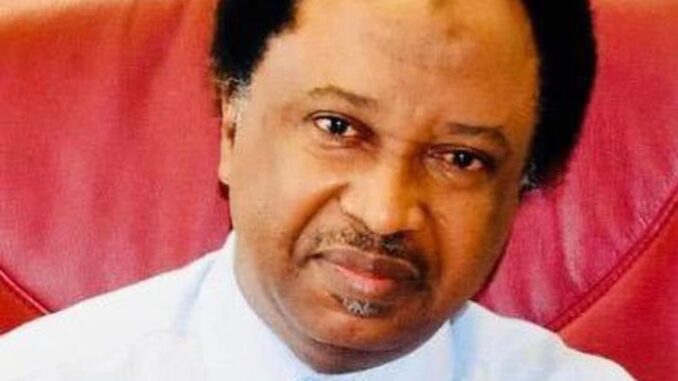
Former Senator representing Kaduna Central, Shehu Sani, has weighed in on the national discussion following the University of Lagos’ (UNILAG) recent ban on skit making and online content creation within its campus.
In a post shared on his official X handle on Tuesday, October 28, 2025, Sani suggested that other universities might follow UNILAG’s lead.
“I believe that other Universities and tertiary institutions in the country will follow the lead of UNILAG by banning skit making and content creation on their campuses,” Sani wrote, emphasizing the potential impact of the policy beyond Lagos.
UNILAG’s new directive restricts students from shooting comedy skits, music videos, or any form of social media content without official authorization.
The university has defended the measure, explaining that it seeks to maintain decorum, protect institutional integrity, and prevent distractions to academic work caused by on-campus filming activities.
Sani’s remarks reflect a broader debate about the intersection of education, digital culture, and institutional governance.
Known for his outspoken social commentary, he suggested that the trend could spread to other universities seeking to assert control over student behavior and the public image of their institutions in the era of viral social media content.
The move has generated mixed reactions across the country.
Some education stakeholders have welcomed the decision, arguing that it reinforces academic discipline and prevents the misuse of university resources.
Others, however, have criticized the ban as a constraint on students’ creativity and entrepreneurial ambitions, noting that many young Nigerians rely on skit making, vlogging, and digital storytelling as legitimate avenues for income and career development.
Critics of the ban have called for more balanced approaches that protect institutional standards while allowing students to express themselves creatively.
Suggestions include implementing clear guidelines, structured media permits, or designated filming areas where students can produce content responsibly without disrupting academic activities or misrepresenting the university.
Supporters of the ban maintain that some students have used university facilities to produce content that is inappropriate or potentially harmful to the institution’s reputation.
Should other universities adopt similar policies, the debate over UNILAG’s decision could spark a wider national conversation about the role of higher education in regulating digital expression, especially as social media and mobile technology play an increasingly central role in student life and entrepreneurship.
Find Verified News At Your fingertips Click The Button Below. ⬇️








Leave a Reply